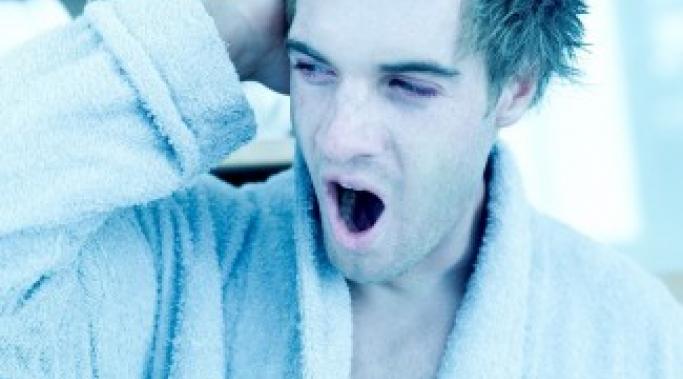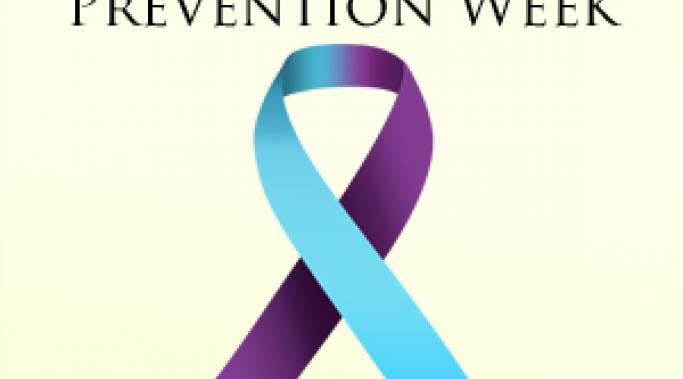I have someone peppering me with comments and emails right now claiming that if I’m living well, then I must not really have bipolar disorder. Moreover, this person claims that bipolar II isn’t actually real and that bipolar I is the only “real manic depression.” Naturally, I am not conversing with this person in spite of his threats to disparage me in an upcoming film. I do feel it’s important to say this though: it is entirely possible to have bipolar and disorder and live a full and successful life.
Breaking Bipolar
On Monday, I was told that my kitty – one of my best friends – has less than a month to live thanks to a tumor in his belly. He went from a clean bill of health in September to now, soon-to-be euthanized, in November. I’m gutted; I’m grieving; and because I have bipolar disorder, I have extra problems to worry about.
For many people with bipolar disorder, there comes a point where they look at their lives and realize: their lives are so messed up. Often employment, family, friends, hobbies, financial welfare and many other things have been harmed by an uncontrolled mental illness. I often hear from people in times like these and they want to throw up their hands and just give up. I can understand this. Sometimes a mess seems so big that we will never clean it up. But I’m here to tell you that no matter how messy your life may be, you can make it better.
People with bipolar display emotion perhaps more than most. For example, there are few places in this small city in which I haven’t cried. And some of those displays of emotion are entirely linked to bipolar disorder. If I wasn’t bipolar, I wouldn’t have had them. However, some displays of emotion are not tied to bipolar at all, and yet, no one seems to understand this.
I have this thing, and I don’t know if it’s the bipolar, specifically, but I get wired and tired at the same time and it sure feels bipolar-y to me.
About a month ago the news was awash with headlines like: This Blood Test Can Predict Suicide Risk, Scientists Say (thank you, Time.com) suggesting that, well, there was now a blood test to find out if you’re at risk for suicide.
When I heard this I thought it was so outrageous that I dismissed it out of hand. But the major news organizations reported headlines like this and people, amazingly, bought into it.
Now, I’m not saying there wasn’t a kernel of truth there, there was, but suggesting there’s a blood test for suicide is like saying there’s a blood test for people who can’t parallel park.
Stress and bipolar disorder don’t mix. In fact, stress and illness, in general, don’t mix. It pretty much doesn’t matter why you’re sick, it’s well known that your illness can get worse when you’re put under stress (Mental Illness, Stress, ... and Relapse). What does this mean for bipolar? Well, when I’m stressed I have experienced greater symptoms of hypomania and/or greater symptoms of depression depending on the type of stress.
If there’s one thing that affects my bipolar moods above all else it is sleep. I consider getting the right amount of sleep to be critical in maintaining or achieving wellness. It’s also critical that this sleep happen at exactly the same time every night.
In short, being a control freak about sleep is a good thing.
A while back, I wrote a post on making unimportant decisions when you have bipolar disorder. I was talking about things like deciding on what socks to wear or what to eat for dinner because even those types of decisions can baffle people with bipolar and cause great anxiety. But what about when you have to make the big decisions? How can you make life choices when you have bipolar disorder?
Yesterday I talked about how to predict who is at risk for a suicide/suicide attempt. Today I want to talk about how to use that information to prevent suicide and what to do if you see the signs of someone experiencing suicidal thoughts.









